Nutrition Suite
The Nutrition Suite has been used to support research, community and education projects and provides the following services:
- Collection of dietary intake data
- Cooking classes and demonstrations
- Interactive workshops
- Nutrient analysis of menus and food journals
- Nutrition counselling
- Meal preparation
- The Teaching Kitchen is an excellent studio space for creating nutrition and cooking video content for courses and webinars
List of services
The Nutrition Suite houses a Teaching Kitchen suitable for meal preparation classes or cooking demonstrations and a Metabolic Kitchen for the production of controlled meals. The nutrition activities can be coupled with the clinical analysis of bio-specimens, imaging (MRI, PET-CT, DXA, ultrasound etc.), exercise testing in the Cardiopulmonary Suite, as well as exercise and sleep protocols. There is also the possibility to measure metabolic rate and absorption. The Nutrition Suite is perfectly designed for lifestyle intervention studies and transdisciplinary community services.
Nutrition counselling appointments
Online food journal monitoring* (20 minutes)
Using an online food journal tool, the participant enters food intake for a minimum of 3 days (2 weekdays + 1 weekend), the dietitian gives feedback in comparison with recommendations given by the tool for age, gender and activity level (Dietary Reference Intakes recommendations from Institute of Medicine and Health Canada) and responds to queries.
*NOT a nutritional evaluation
Food journal analysis
Participant records their food intake for 3 days (2 weekdays + 1 weekend) in a prepared document which includes space to indicate: feelings as they eat, where food is eaten, brand name, portion size, etc.
Food intake calculations and nutrient analysis with nutrient analysis software (Food Processor) are then performed.
Dietetic internship placements
The School currently collaborates with McGill University School of Human Nutrition as a placement site for their dietetic internship program. The School receives undergraduate students, as well as graduate students completing a Dietitian-Nutritionist credentialing diploma. Rotation durations range from three to seven weeks. Activities offered in the School’s Nutrition Suite include: nutrition counseling appointments, meal preparation, webinars and workshops, menu planning, dietary intake analysis, literature review for projects and protocols, and developing materials to use in the School’s Nutrition Suite and other platforms.
The dietetic internship activities are determined by competencies necessary to practise as a Dietitian-Nutritionist. The Practice Competencies, Performance Indicators and Foundational Knowledge statements outlined for the dietetic internship are defined nationally by Partnership for Dietetic Education and Practice (PDEP).
To practise as a Dietitian-Nutritionist, a professional license or permit is required in Canada. In Quebec, the professional licensing body is the Ordre des diététistes-nutritionnistes du Québec (ODNQ). In Quebec, a dietitian may be referred to by the following titles: Professional Dietitian (P.Dt.), or Nutritionist, both titles are reserved by the Québec Code des professions.
Nutrition and cooking video content for courses
The Teaching Kitchen has been a studio space for filming cooking segments for Fundamentals of Nutrition (BIOL 203). Nutrition education content and animation of recipe preparation adds support to the instructor’s course content.
Motivational interviewing learning group
A multidisciplinary learning group for the School staff and internship students in nutrition, kinesiology and clinical exercise physiology, exercise science and athletic therapy to learn, practise and hone skills in motivational interviewing.
Guest lecturer
Nutrition education content with review of evidence-based practice adds support to the instructor’s course content. Lectures have been provided for Concordia Food Studies Courses – Concordia University Food Studies.
Nutrition workshops
Interactive discussion on nutrition education topics.
Development of specialized calculated menus
Includes modifications to recipes using nutrient analysis software (Food Processor) and development of a menu for different nutrient levels, number of portions for each test diet etc., development of parallel menus for different energy needs.
Nutrient analysis of menus
Learn more about what is in the food your participants eat! Menus analysed by dietitians for food groups and nutrients, using nutrient analysis software (Food Processor).
Meal preparation
Choose from a variety of menu items that will be prepared and ready for your project participants.
Cooking classes
Cook a meal or learn from a cooking demonstration and eat together in one of our Healthy cooking sessions, or cook several recipes and take food home for the week in our Cooking Ensemble program.
Contact us
For more information about this facility and our related services, contact:
The School of Health Nutrition
perform.nutrition@concordia.ca



